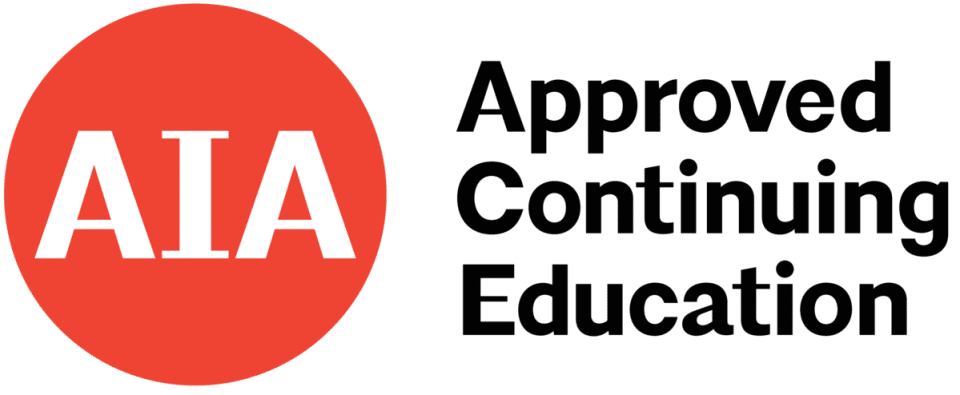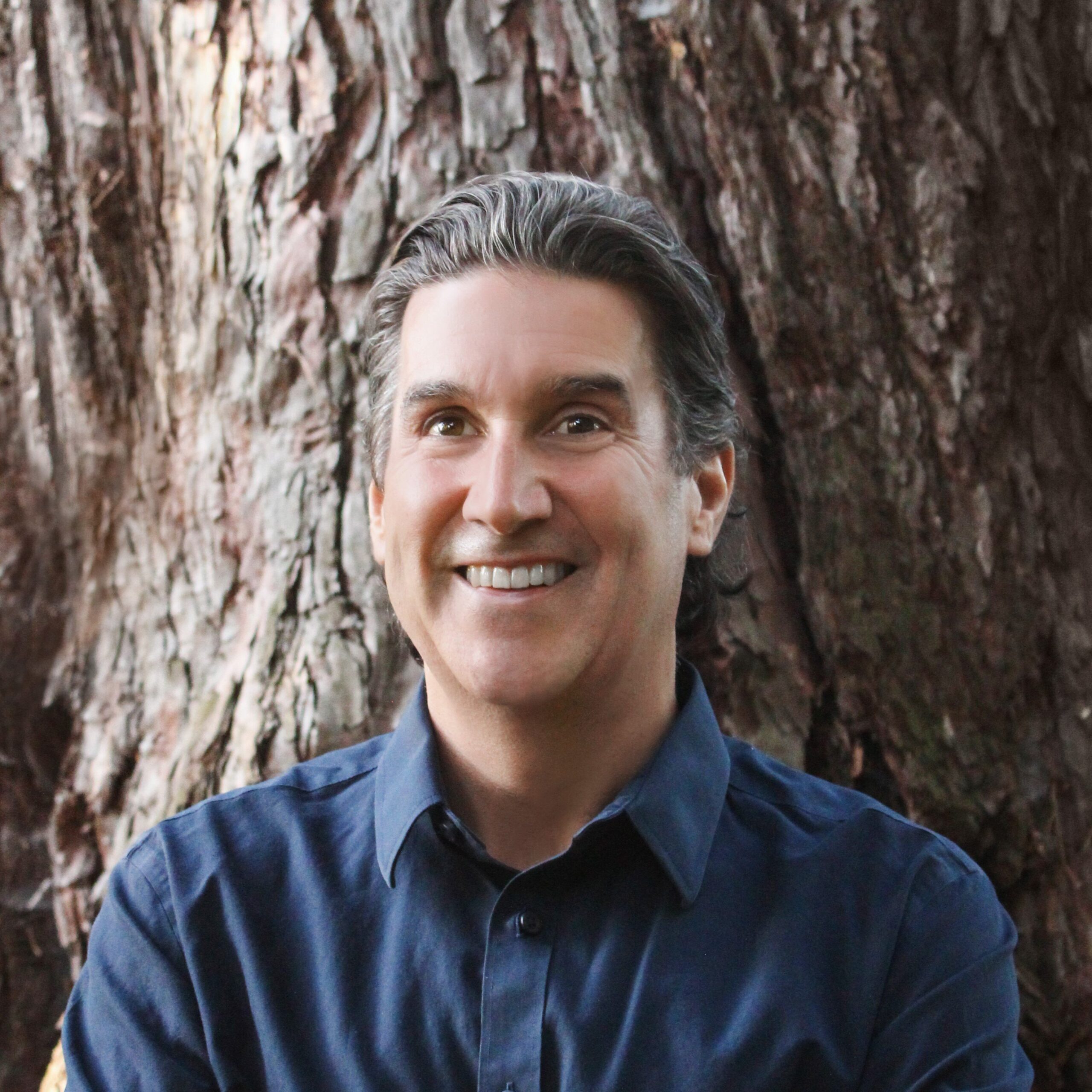Many of us have a love-hate relationship with technology. It promises increased freedom and productivity, yet often brings frustration when it falls short—and even sparks fear of a dystopian future. These mixed emotions are valid and should guide a thoughtful, measured approach to adopting new technologies. Like it or not, technology is here to stay. But with careful, intentional use, it can offer significant benefits and help us build a more efficient and meaningful future.
The problem is, we’re drowning in data—most of it goes unused. While we can’t clone ourselves to process it all, we can create digital twins: virtual replicas of projects that help design and construction teams harness data, streamline workflows, and boost efficiency. This interactive session will define digital twins, explain how they’re created, and explore real-world applications. Attendees will also learn how digital twins enhance building performance, improve resilience to natural hazards, and support circularity.
Learning Objectives:
- Define the concept of a digital twin.
- Understand how a digital twin is created and the tools used to create one.
- Review use cases for digital twins across a project lifecycle.
- Evaluate how digital twins can enhance efficiency, performance, and resilience.
- Explore the potential role of digital twins in supporting the transition to circularity.
Continuing Education Credits:
1.0 AIA LU HSW 
Presenter:

Alan Scott, FAIA, LEED Fellow
Director of Sustainability, Intertek
Alan Scott, FAIA, LEED Fellow, is a registered architect and high-performance building practitioner with over 35 years of experience. After working as a practicing architect he transitioned his career, becoming a consultant to project teams pursuing sustainable building goals and LEED certification. Alan creatively applies his skills as a facilitator, consultant, and educator in support of high-performance, sustainable built environment projects in North and South America. His project work focuses on boosting new and existing building performance, decarbonization, occupant wellness, and resilience. Alan served on the LEED Faculty for over eight years, delivering full-day LEED workshops, and he has also presented at dozens of conferences to audiences on three continents. Alan currently serves as Vice-chair of the USGBC Resilience Working Group, Vice-chair of the AIA Resilience and Disaster Response Committee, and as a member of the USGBC LEED Environmental Quality Technical Advisory Group.
